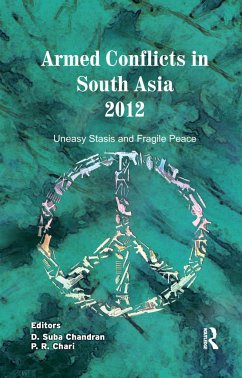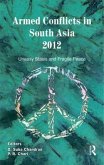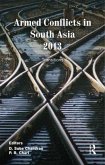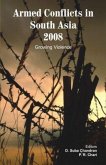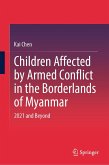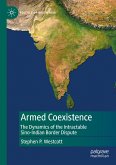Sixth in the annual series, this volume examines the major trends in armed conflicts in South Asia during 2011, efforts towards conflict management undertaken by the State and their effectiveness, as also the road ahead. While focusing on the burning issues within the region, the volume looks into two important aspects of the conflict situation: conflict alert and peace audit. In providing critical policy recommendations to the State, the former anticipates early warning regarding an impending conflict and its potential transformation. The latter assesses the status of ceasefires and peace processes adopted by the respective countries. The volume highlights the causes of armed conflicts in South Asia so as to facilitate concrete peace processes. In addition to essays addressing armed conflicts in Afghanistan, Pakistan, India, and Myanmar, it includes a special section entitled 'Peace Audit'. This segment reviews and evaluates specific peace efforts undertaken in Jammu and Kashmir, Nepal, Sri Lanka and Northeast India, measures their successes and failures, and discusses the lessons that may be learnt from them. Further, it studies the nature of these peace processes, their effectiveness and the dangers of conflict relapse.
Hinweis: Dieser Artikel kann nur an eine deutsche Lieferadresse ausgeliefert werden.
Hinweis: Dieser Artikel kann nur an eine deutsche Lieferadresse ausgeliefert werden.

